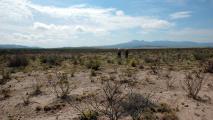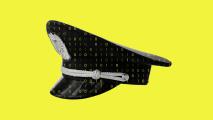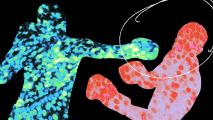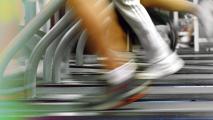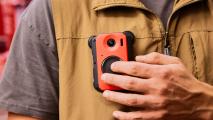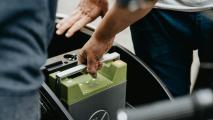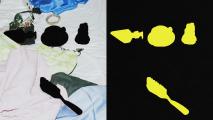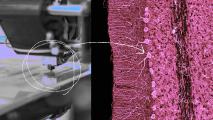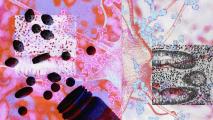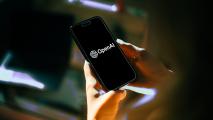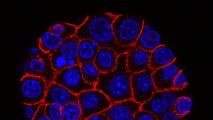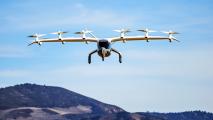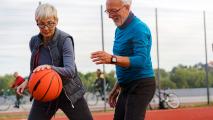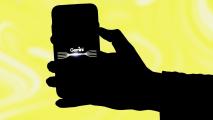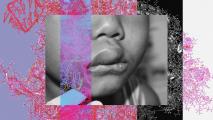
The Digital Frontier
Advancements in 20th century medicine reshaped society and made good health an expectation, not an exception. Now, 21st century breakthroughs may end disease, reverse aging, and restore sight and hearing — perhaps sooner than we think.
More
Why is anxiety spiking in young people but not older adults?
Anxiety among adults 18 to 25 nearly doubled in that time period, but remained stable for adults 50 and older.
Scientists stole a mutation from cancer and used it to kill tumors
Inserting a mutation found in cancer cells into CAR-T cells enabled them to kill a variety of solid tumors in mice.
Focus on right now, not the distant future, to stay motivated and on track to your long-term health goals
Research highlights three effective strategies to help you achieve your goals, including prioritizing short-term consequences.
Stopping retail crime before it happens with new tech
Scientists say cameras have a “civilizing effect.” These body cams increase workplace safety.
Cobalt-free batteries could power cars of the future
A new lithium-ion battery that includes a cathode based on organic materials could offer a more sustainable way to power electric cars.
Injections of brain protein reverse memory loss in mice
A protein called “KIBRA” could be the key to new Alzheimer’s treatments that don’t just slow disease progression, but reverse memory loss.
Install open-source AI in a commercial robot and it’ll clean your room
Open-source AIs and commercial hardware may be enough to build domestic robots that can take over our chores.
Netflix’s “You Are What You Eat” proves twin studies’ importance to science
What is it that makes twins so special, and how do researchers harness the power of twins? “You Are What You Eat” helps prove their importance.
Scientists create the first “functional” 3D-printed mini brains
The first 3D-printed brain organoids that function like natural brain tissue could lead to breakthroughs in neuroscience.
How to stop our immune systems from turning on us
From “inverse vaccines” to repurposed cancer therapies, several potential cures for autoimmune diseases are showing serious promise.
OpenAI is developing “AI agents.” Here’s what that means.
OpenAI is reportedly developing “AI agents,” software that can perform tasks on people’s devices upon request.
New hope for early pancreatic cancer intervention via AI-based risk prediction
To train their machine learning models, MIT researchers used electronic health record data from various institutions across the U.S.
Archer’s flying taxi finishes first round of flight tests
Archer Aviation’s electric air taxi has completed its first phase of flight testing, bringing the eVTOL one step closer to commercial service.
Fusion reactor break world record in final experiment
The JET tokamak set a new world record for generating energy from nuclear fusion during its final experiment.
Google’s Lumiere has created a new paradigm for text-to-video AI
Google’s new text-to-video model, Lumiere, promises a new architecture that will make video AI models more modern and powerful.
T-Minus: Guardians in space, a new (off) world record, and more
Freethink’s weekly countdown of the biggest space news, featuring the first Guardian in space, an extended private mission, and more
Google’s Gemini Ultra AI has been released
Google just made its most capable generative AI — Gemini Ultra — available to the public, while killing the “Bard” brand.
One-shot CRISPR treatment for inherited disease aces first human trial
A CRISPR treatment for hereditary angioedema significantly reduced swelling attacks in its first human trial.
Subscribe to the newsletter

